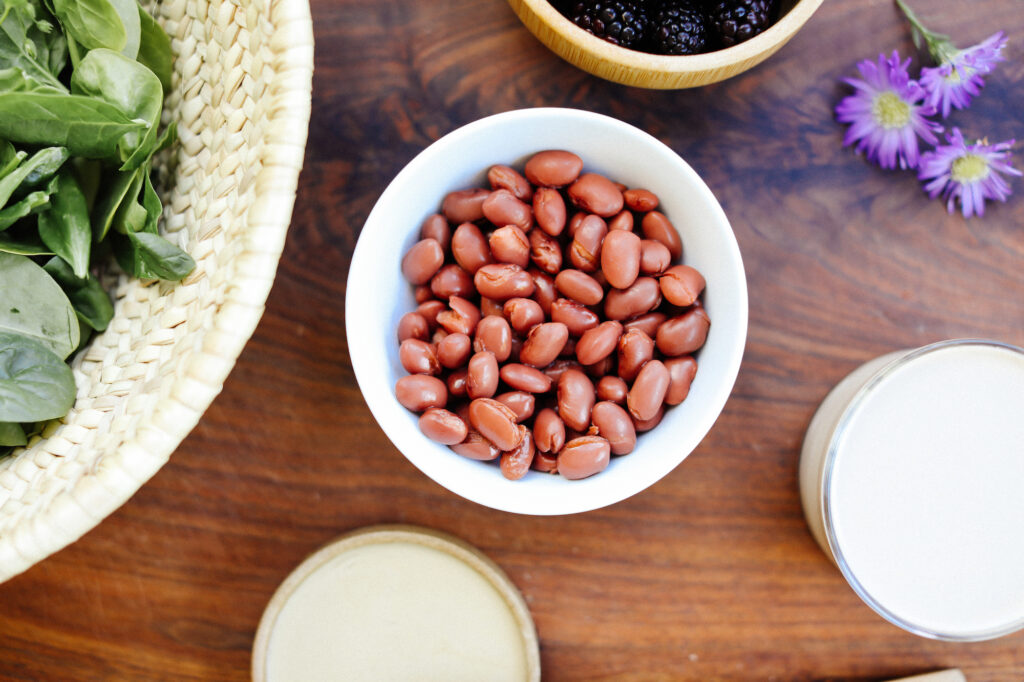If you’ve been told to include plenty of fiber-rich foods in your diet, you may be wondering why fiber is essential for your health.
Understanding what fiber is, how it benefits your health, and how to prepare your kitchen for success can make it easier for you to incorporate fiber-rich meals into your daily routine.
Fiber plays a crucial role in promoting your overall health, particularly in supporting your digestive system and gut health. Including fiber-rich foods in your meals can aid in digestion, regulate blood sugar levels, and help you feel full and satisfied.
Discover the importance of fiber and learn how to ensure you’re getting enough of it in your diet!
Why Fiber is Vital for Daily Consumption
Dietary fiber is a type of carbohydrate found in plant-based foods that cannot be broken down into sugar molecules. It helps to slow down the rate of digestion and acts as a gentle cleanser for your intestines.
By consuming fiber, you can experience a range of health benefits, including stabilizing blood sugar levels, promoting feelings of fullness, and supporting a healthy gut.
Supports Stable Blood Sugar Levels
Fiber slows down the digestion process, which can prevent rapid spikes in blood sugar levels. Including fiber-rich foods like vegetables, fruits, and whole grains in your diet can help regulate your blood sugar levels and prevent energy crashes.
Helps Keep You Satiated
Fiber delays the absorption of food, signaling to your body that you’re full. This can prevent overeating and help you maintain a healthy weight. Including fiber in your meals can keep you feeling satisfied for longer periods.
Assists in Waste Removal
Fiber, especially insoluble fiber, acts as a natural cleanser for your intestines, promoting regular bowel movements and reducing the risk of constipation. It also supports gastrointestinal motility, keeping your digestive system healthy.
Cultivates a Healthy Gut
Prebiotics, found in fiber-rich foods, nourish the beneficial bacteria in your gut, promoting a healthy balance of gut flora. This can boost your immune system and improve your overall digestive health.
Protects Your Heart Health
Fiber plays a role in reducing LDL cholesterol levels, which can lower your risk of heart disease. By including fiber in your diet, you can support optimal heart health and maintain healthy cholesterol levels.
How to Incorporate Fiber-Rich Foods into Every Meal
When following the Foundational Five system for balanced meals, be sure to include plenty of fiber-rich foods in each meal. Understanding the different types of fiber and their food sources can help you make informed choices for a healthy diet.
Soluble fiber, which dissolves in water, can be found in foods like beans, vegetables, and chia seeds. Insoluble fiber, which does not dissolve in water, is present in foods like bran cereals, lentils, and whole grains.
Considerations for Fiber Supplements
While fiber supplements are available, it’s best to obtain fiber from whole foods whenever possible. Supplements should be used as a last resort and under the guidance of a healthcare professional. Consuming fiber-rich foods promotes a healthy relationship with food and encourages a well-rounded diet.
Tips for Success
To ensure you’re getting enough fiber in your diet, stock your kitchen with a variety of fiber-rich foods that you enjoy. Incorporate these foods into your meals using the Foundational Five framework to create balanced plates. With practice, you can easily incorporate fiber-rich foods into your daily meals.
Enhance Your Balanced Eating Journey
Incorporating a fiber-rich diet is a step towards a balanced lifestyle. Consider other aspects of your nutrition to feel empowered and confident in your food choices. Take the free quiz now to navigate your health and wellness with ease.

